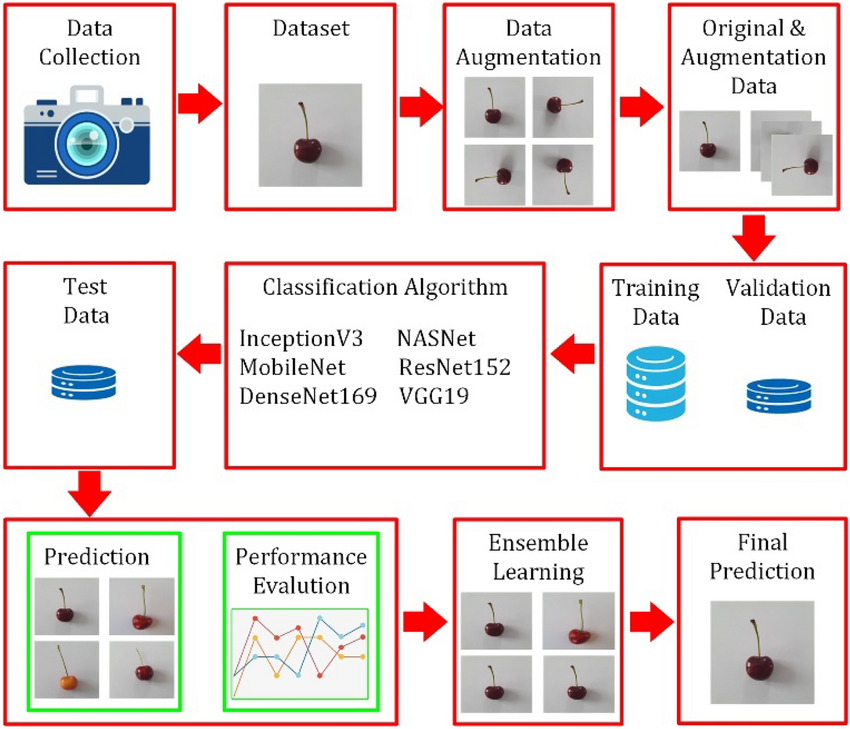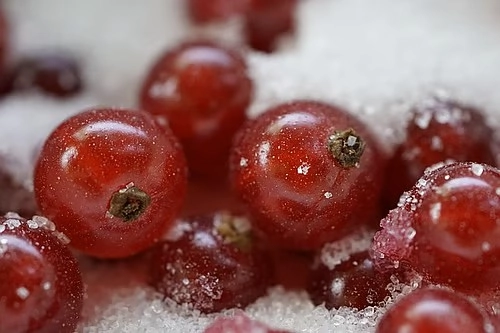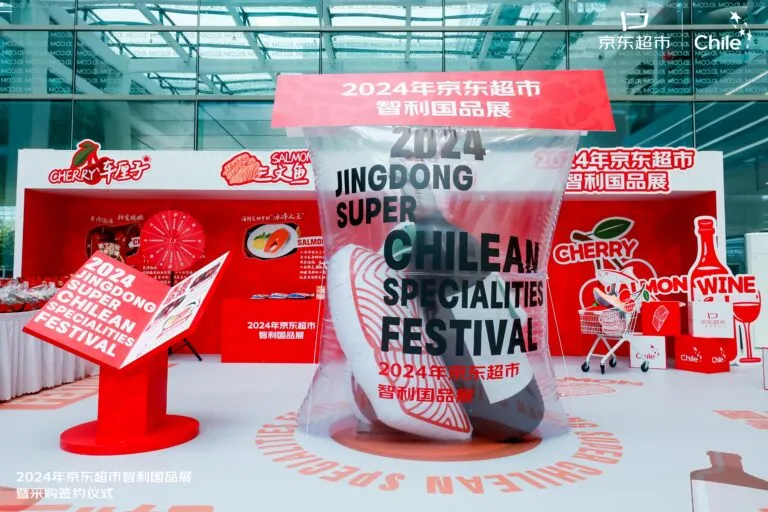Our daily lives have been greatly improved by the advancement of artificial intelligence. The agricultural sector has also been affected by this new technology. In fact, it is mainly used for sowing, cultivation, insect control, harvesting and classification of post-harvest products. The most important role that artificial intelligence is increasingly expected to play is the classification and automatic processing of acquired images.
Automatic fruit sorting systems can be used to differentiate between different fruit varieties for the purpose of fruit identification and sorting during harvest, with the assistance of robotic platforms. These systems are also used in packaging, product sorting, in supermarkets, for price setting for post-harvest quality assessment and also for quick invoicing.
An effort is underway to replace manual fruit picking and sorting processes with automated systems using machine vision and machine learning techniques to improve efficiency in both field and post-harvest operations. Information technologies that facilitate the precise separation of fruits are necessary in cherry processing and packaging plants.
Consequently, grading procedures are essential to ensure that the product meets quality standards and that consumers receive products of the desired quality. Although numerous studies on various fruit types exist in the literature, there is no experimental study based on convolutional neural network on cherry species grown in Turkey.
In the study conducted at the Isparta University of Applied Sciences (Turkey), ensemble learning methods were used to obtain the classification of the 7 cherry cultivars used.

During this study, a new dataset comprising 3570 images was generated. Using the data augmentation technique, the DenseNet169, InceptionV3, MobileNet, NASNet, ResNet152, and VGG19 models were trained on both the original and incremental datasets.
The DenseNet169 model achieved the highest test performance with 99.57% when the incremental dataset was used, while the InceptionV3 model achieved the lowest test performance with 94.81%. The Maximum Voting collective learning model was trained using the DenseNet169 and NASNet models, which gave the highest results in terms of test accuracy.
The accuracy rate resulting from this method was 100%. According to the results obtained, the proposed set method as a cherry-picked application is more accurate than single learning methods. Although this is one of the first studies to deal with the topic, the dataset obtained can also be used in future studies on the subject.
However, the proposed system has some limitations, e.g. the small set of cultivars. Furthermore, environmental variables, such as the inability to adjust lighting in the controlled environment, compound the challenge of capturing clear images. The researchers aim to further expand the dataset to include images of both other cultivars and cherries from different locations around the world, enabling the creation of a model that can classify significantly more cultivars.
Source: Kayaalp, Kıyas. (2024). A deep ensemble learning method for cherry classification. European Food Research and Technology. 250. 1-16. 10.1007/s00217-024-04490-3.
Image: Kayaalp
Melissa Venturi
University of Bologna (IT)
Cherry Times - All rights reserved











